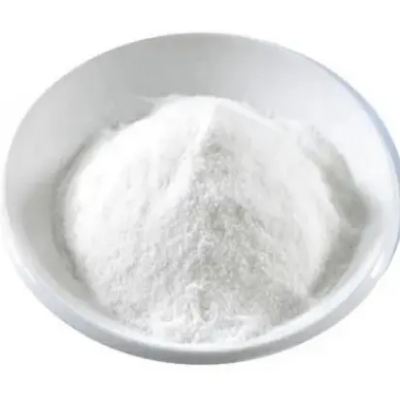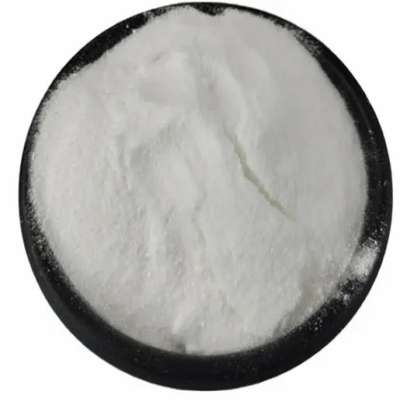Adenosine Cyclophosphate CAS:60-92-4
Cyclic adenosine monophosphate (cAMP) is a vital intracellular signaling molecule generated from adenosine triphosphate (ATP) through the catalytic action of the enzyme adenylate cyclase. This conversion is stimulated by various extracellular signals, such as hormones and neurotransmitters, which bind to G-protein coupled receptors (GPCRs) on the cell surface. The resultant cAMP serves as a second messenger, transmitting signals from the cell membrane to the nucleus and other cellular components, thereby orchestrating numerous physiological processes. One of the primary functions of cAMP is to activate protein kinase A (PKA), a serine/threonine kinase that phosphorylates specific target proteins, leading to alterations in their activity. This phosphorylation can affect numerous pathways, including those involved in glucose metabolism, lipid metabolism, and muscle contraction. For instance, in the liver, cAMP promotes gluconeogenesis and glycogenolysis, processes critical for maintaining blood sugar levels during fasting. Beyond its metabolic roles, cAMP also influences gene expression by regulating the activity of transcription factors. By modulating gene transcription, cAMP plays a significant role in cellular growth, differentiation, and apoptosis. cAMP's involvement extends to the nervous system, where it acts as a mediator of neurotransmitter actions and affects neuronal excitability. Abnormalities in cAMP signaling are associated with various diseases, including heart disease, diabetes, and certain cancers. Moreover, phosphodiesterases (PDEs) regulate cAMP levels by hydrolyzing it into AMP, thus controlling the duration and intensity of the cAMP signal. Understanding the dynamics of cAMP signaling provides insights into potential therapeutic targets for various health conditions, highlighting its significance in both basic and clinical research.



| Composition | C10H12N5O6P |
| Assay | 99% |
| Appearance | white powder |
| CAS No. | 60-92-4 |
| Packing | Small and bulk |
| Shelf Life | 2 years |
| Storage | Store in cool and dry area |
| Certification | ISO. |









